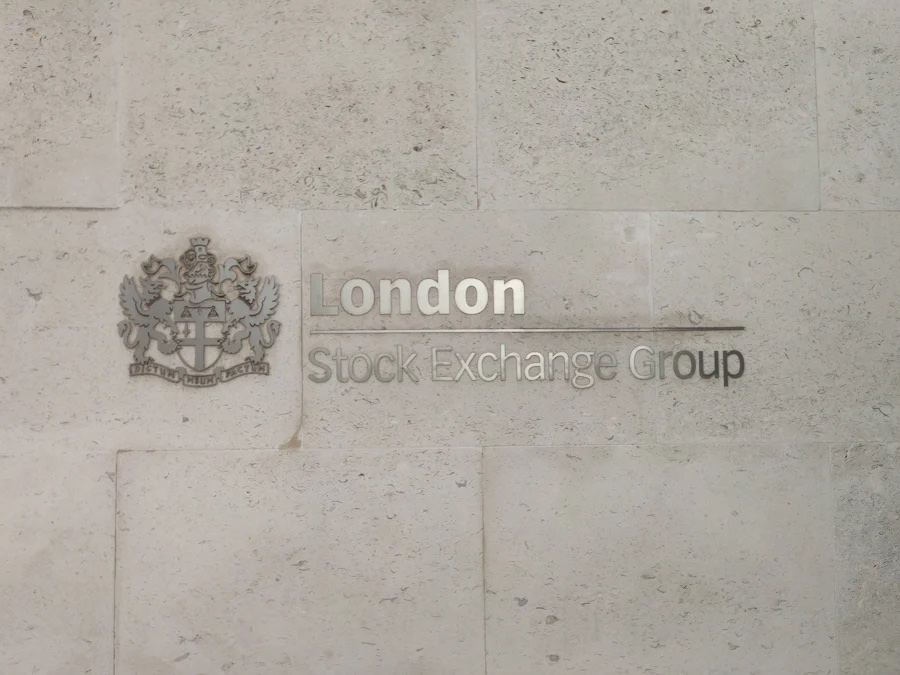Main Menu
- Top News
-
FundPark Secures $250m HSBC-led Loan
June 26, 2024 -
Visa-Pyypl Partnership to Boost Financial Inclusion in MEA
June 26, 2024 -
Commerzbank to Launch Fully Digital Credit Cards for SMBs in Q3
June 24, 2024 -
Zilch Secures £100 Million in Securitised Debt to Fuel Growth
June 24, 2024 -
Revolut Plans $500 Million Equity Sale Amid IPO Market Slump
June 21, 2024
- Regions
- Banking
-
Commerzbank to Launch Fully Digital Credit Cards for SMBs in Q3
June 24, 2024 -
Sainsbury’s Sells Banking Assets to NatWest Group
June 21, 2024 -
Bank of England Signals Possible Interest Rate Cut in August
June 21, 2024 -
Central Bank of Kenya to License Fintech Startups
June 19, 2024 -
Saudi Banks Lead in Risk Profiles Among GCC Lenders
June 4, 2024
- Investment
-
Santander Bans Investment Bankers from Using WhatsApp, Others
June 21, 2024 -
Sainsbury’s Sells Banking Assets to NatWest Group
June 21, 2024 -
BIS and MAS Launch Project Viridis
June 13, 2024 -
Leadership Change at London Stock Exchange Group
June 7, 2024 -
Microsoft to Invest $3.2bn in Sweden
June 3, 2024
- Infrastructure
-
AIIB to Invest $1 Billion in African Projects
May 29, 2024 -
AfDB Commits $1.44 Billion to Boost Nigeria’s Infrastructure
May 29, 2024 -
EBRD Grants €236 Million Loan for Armenia’s Largest Road Project
May 23, 2024 -
TotalEnergies Criticises Slow Wind Power Approvals in France
May 23, 2024 -
DP World Expands Romanian Operations with New Hub
May 23, 2024
- Tech
-
FundPark Secures $250m HSBC-led Loan
June 26, 2024 -
Visa-Pyypl Partnership to Boost Financial Inclusion in MEA
June 26, 2024 -
Zilch Secures £100 Million in Securitised Debt to Fuel Growth
June 24, 2024 -
Revolut Plans $500 Million Equity Sale Amid IPO Market Slump
June 21, 2024 -
Binance Fined $2.25 Million by India’s Financial Intelligence Unit
June 21, 2024
- Featured
-
The Democratisation of Alternative Investments
June 28, 2024 -
Driving the Fourth Industrial Revolution: A Journey with Summer Atlantic Capital
June 28, 2024 -
Report on Africa’s E-Commerce Boom: The Billion-Dollar Opportunity for Global Merchants
June 19, 2024 -
dtcpay Delivers Sustainable Payments through Eco-Friendly Packaging
June 17, 2024 -
Values as the Basis for Success: How Adherence to Core Values Allowed the AMarkets Broker to Win the Trust of 2 Million Traders
June 6, 2024
- Videos
- Subscribe
- Magazine
- Awards
-
























